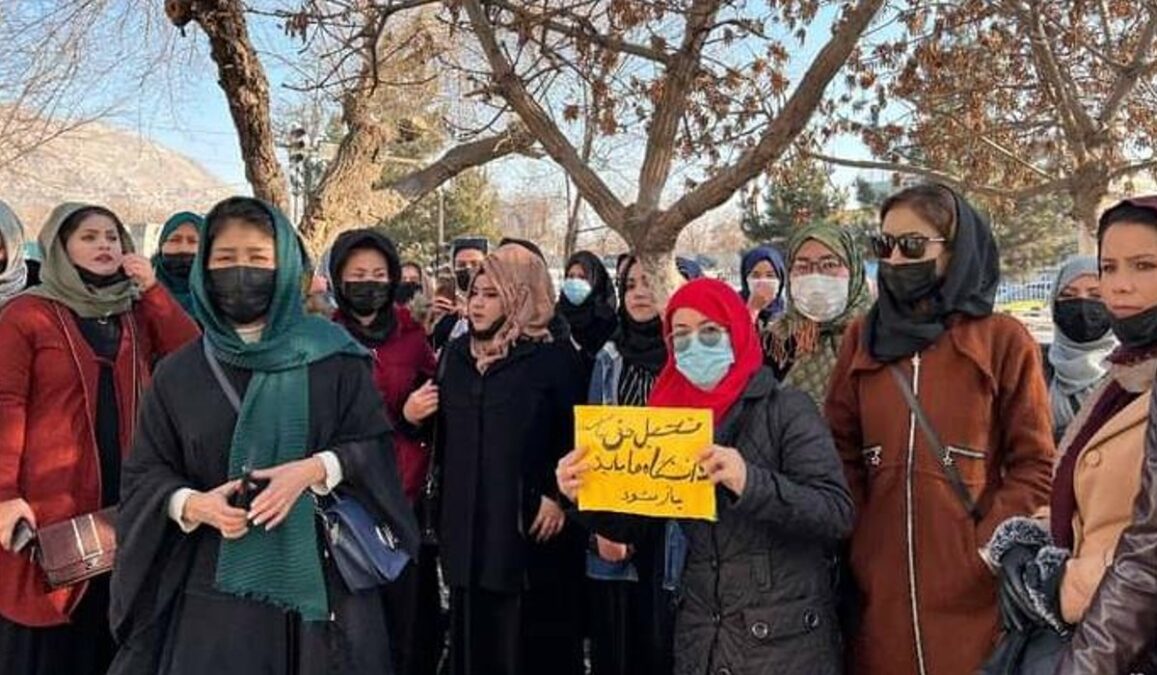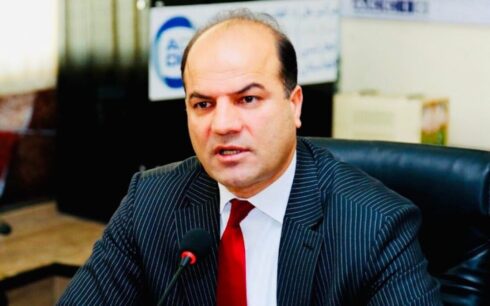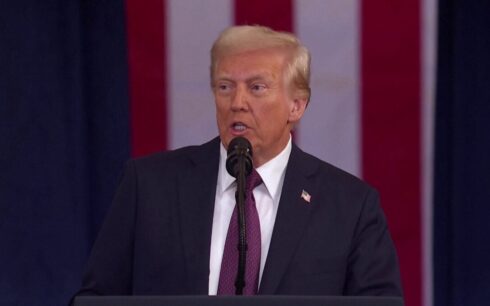Two years ago today, Kabul fell to the Taliban. The memory remains carved in our minds as a grave reminder of a turning point that changed the course of Afghanistan’s history once again. On that dark day, the 15th of August 2021, the Taliban, a group infamous for its relentless violence and oppressive rule, took control of the entire country. The abrupt shift of power left an indelible mark, a wound that continues to bleed in the hearts of the people of Afghanistan.
On August 15th, 2021, as the streets of Kabul were taken over by violent men with guns, it was a haunting sight that opposed the city’s past struggles and dreams. These very streets had borne witness to years of resilience, courage, and hope for a brighter future. Yet, in a matter of hours, the aspirations of an entire generation were crushed against the backdrop of uncertainty, panic, and profound fear.
On that dark day, the 15th of August 2021, I had only just returned from the One Young World Summit in Munich, an event where I stood as a voice of Afghanistan’s youth. In Munich, among 700 fellow youth leaders from 190 countries, I proudly bore my country’s tricolor flag on my shoulders. The atmosphere was charged with optimism as I shared my dreams and aspirations for Afghanistan’s future. In those moments, the potential for a better tomorrow was tangible, and I envisioned a nation brimming with promise. Sadly, the horizon that appeared so bright has since been veiled by the suffocating presence of the Taliban. This oppressive force has cast an imposing shadow over the aspirations and hopes of an entire generation that now stands disheartened, adrift, and without hope. The once-illuminated path of progress and opportunity has become obscured, and the sense of loss is extremely deep.
Today, Afghanistan is the only country on earth where young girls are unjustly prohibited from the most basic freedoms—access to education, the opportunity to work, the right to travel, and the simple act of speaking their minds; characterized as “gender apartheid” by prominent rights activists. The Taliban’s oppressive regime permits women only the mere act of breathing, and even that confined within the walls of their own homes. This open-air prison that has descended upon Afghanistan holds no promise of release; its duration remains indefinite, casting a shadow over an entire generation. The once vibrant dreams of Afghanistan’s women have been dimmed to a mere glimmer. In an era where aspirations should know no limits, in Afghanistan the aspirations of its youth are suffocated. As I imagine the weight of their emotions and the suppression of their voices, my heart aches.
Today, the youth of Afghanistan stand at a crossroads, where their hopes are at odds with a regime that suppresses individuality and limits the very liberties they have gained with sacrifice and hard work. Today, a large percentage of Afghanistan’s population finds itself scattered around the world. Some are locked in refugee camps with uncertain futures, others are navigating to start a new life from zero in the West, and millions remain trapped within the borders of their country robbed of their future.
As we mark the two-year anniversary of Kabul’s fall, it’s important that the international community recognizes the urgency of the situation. Two years after that dark day, the 15th of August 2021, Afghanistan is trapped in a humanitarian crisis grappling with imminent threats of another endless cycle of violence, destruction, and brutality, all while human rights and dignity are disregarded. It is becoming a fertile ground for various kinds of violations and security threats stretching beyond the borders of Afghanistan.
Today, it is imperative that world leaders act swiftly before it’s too late. The free world will not be able to afford a generation of lost Afghan youth, who are facing a dark future if they continue to be governed by men with guns whose only plan is the full radicalization of millions of young people.
As the years pass, the monster we are facing will only grow. Therefore, it is the collective responsibility of all of us to rally together, exceling political and geographical boundaries, in a joint effort to recover the potential and hopes of Afghanistan’s youth, and fight the monster before it bites everyone.
Ramiz Bakhtiar is a youth activist, a One Young World Peace Ambassador, a Fellow at the Swedish Institute Leader Lab, and Afghanistan’s former Youth Representative to the United Nations.
Amu does not endorse or represent views expressed in this article and other opinion pieces published on its website.





